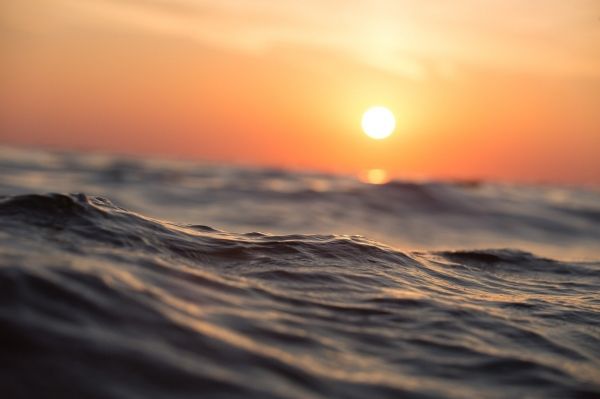Microscopic marine life plays a fundamental role in the health of the ocean and, ultimately, the planet. Just like plants on land, tiny phytoplankton use photosynthesis to consume carbon dioxide and convert it into organic matter and oxygen. This biological transformation is known as marine primary productivity.
In a new study in Nature Geoscience today, MBARI Senior Scientist Ken Johnson and former MBARI postdoctoral fellow Mariana Bif demonstrated how a fleet of robotic floats could revolutionize our understanding of primary productivity in the ocean on a global scale.
Data collected by these floats will allow scientists to more accurately estimate how carbon flows from the atmosphere to the ocean and shed new light on the global carbon cycle. Changes in phytoplankton productivity can have profound consequences, like affecting the ocean’s ability to store carbon and altering ocean food webs. In the face of a changing climate, understanding the ocean’s role in taking carbon out of the atmosphere and storing it for long periods of time is imperative.
“Based on imperfect computer models, we’ve predicted primary production by marine phytoplankton will decrease in a warmer ocean, but we didn’t have a way to make global-scale measurements to verify models. Now we do,” said MBARI Senior Scientist Ken Johnson.
Read more at Monterey Bay Aquarium Research Institute
Photo Credit: Pexels via Pixabay


